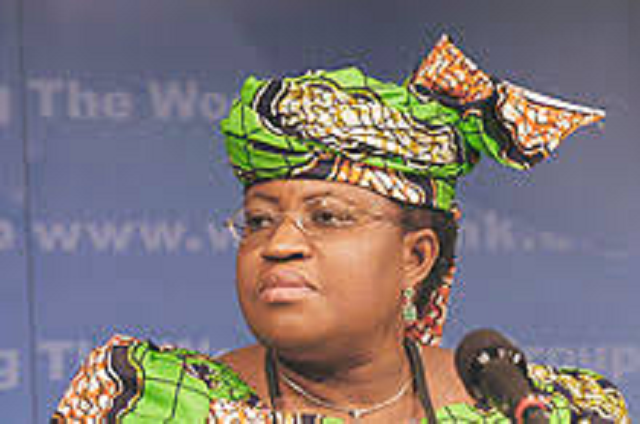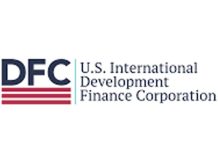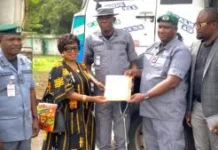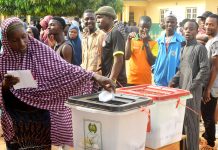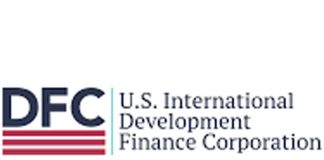Nigeria’s candidate for the position of Director-General of the World Trade Organisation (WTO), Dr. Ngozi Okonjo-Iweala, has assured least developed countries (LDCs) and Small Vulnerable Economies (SVEs) that are members of the global trade body of her support if given the job.
She said she would provide opportunities for them to participate in regional and global supply chains in order to enhance their presence in the trading system.
Okonjo-Iweala, in a presentation to the General Council of the WTO, a copy of which was posted on the organisation’s website at the weekend, said: “We must have a WTO that works for the benefit of all members regardless of size or level of economic development. LDCs and SVEs should have opportunities to participate in regional and global supply chains to enhance their presence in the trading system.
“We must be sensitive to the particular policy challenges that those countries face. A revamped trading system should offer opportunities for MSMEs to increase and diversify their market access, enabling them to generate employment and contribute to economic growth and sustainable development.”
She also promised to work with member-countries to develop a global trade body that is responsive to the challenge of facilitating the greater participation of women in international trade, particularly in developing countries, saying greater efforts should be made to include women-owned enterprises in the formal sector.
According to her, considering the challenges facing the global economy, including COVID-19, there is need for coherence in the policy responses of international organisations, including the Food and Agriculture Organisation, the World Bank, International Monetary Fund, International Finance Corporation, regional development banks, the World Health Organisation and the United Nations.
She added that the stalemate in multilateral trade negotiations had led many member countries of the WTO in recent years to embark on plurilateral negotiations to advance particular issues.
Okonjo-Iweala noted that the energy associated with those discussions has helped refocus attention on the WTO and would be best if these negotiations could produce outcomes that reinforce the multilateral trading system.
Members have also entered into regional trade agreements to secure access to markets, tackle issues that are not sufficiently addressed in the WTO or that are not part of the multilateral rulebook, she stated.
“RTAs can complement multilateral efforts and their success in tackling new and traditional issues should inspire WTO members to do likewise.
“But despite their benefits, RTAs cannot be a perfect substitute for the MTS. In our times, countries cannot solely rely on trade agreements with selected partners. Technology and other innovations have reduced the impact of distance and the world is too connected.
“Companies, including MSMEs, are increasingly able to offer their products to consumers all around the world. By linking economies of the world through basic common rules, the WTO has a unique value-added.
“The MTS also has unique challenges, but it merits our greatest efforts. Let me conclude by reiterating the importance of the WTO at this critical and uncertain period. The WTO is needed to ensure that trade and global markets remain open and are further extended,” she added.
Okonjo-Iweala explained that she has the right combination of skills and experience needed to lead WTO into the future.
“The WTO plays an essential role in world trade through mechanisms designed to foster transparency, predictability and stability in the MTS, monitor trade developments, promote exchanges and build trust.
“It also assists developing countries, especially the least developed and small economies, to boost trade through technical assistance and capacity building. Trade and trade policy have rightly become central to national development strategies.
“In recent years, the multilateral trading system (MTS) has been going through difficult and challenging times. But, in my view, the world now needs, more than ever, a reinvigorated WTO.
“The challenges facing the WTO did not start with the current pandemic. Since 1995, the negotiating function of the WTO has not produced many results and although there have been some successful agreements, key areas like agriculture remain stuck,” she said.
Source: THISDAY









